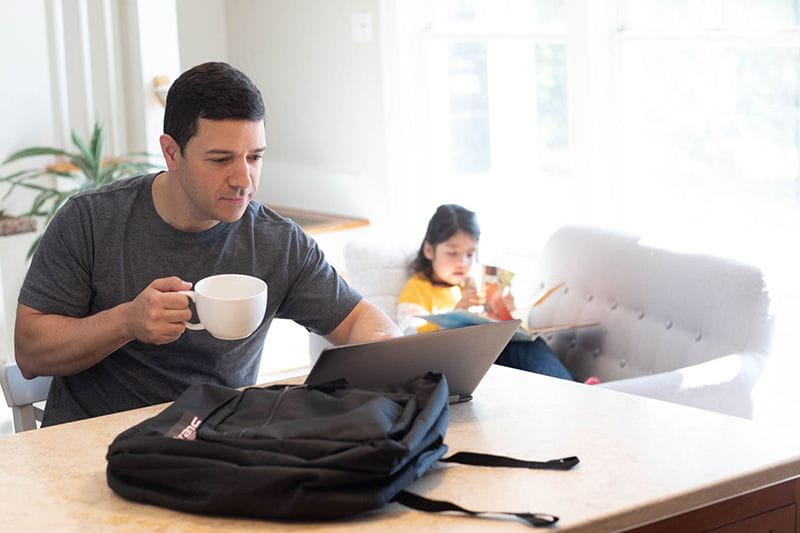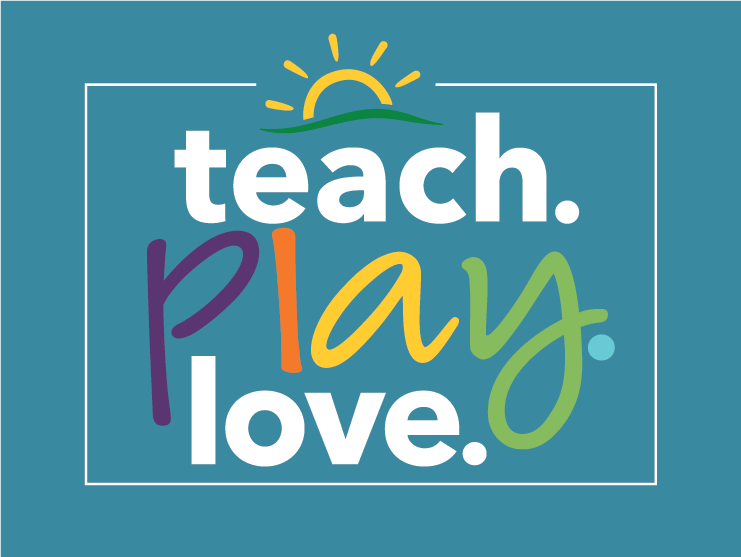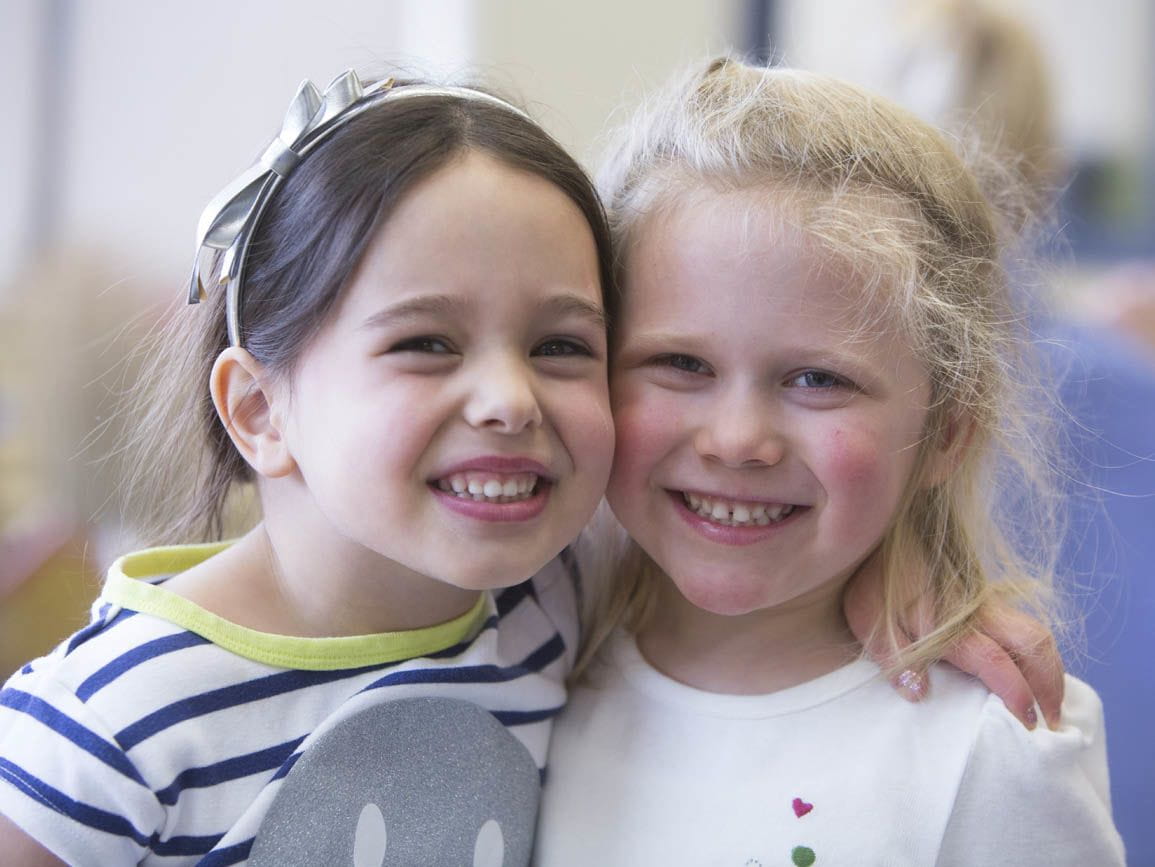Sometimes it's hard to leave our children with someone else, even for a few hours. And at other times, we long for those quiet moments alone, free to move about unencumbered by small hands constantly tugging at our sides. Although separation can be hard, children benefit from time away too. Having a babysitter care for them helps children learn to comfort themselves, make new friends, and realize that their parents always return.
Depending on the age and temperament of the sitter, he or she may not be great communicators or always at ease with adults. The more we take responsibility for good communication and a good relationship, the more likely the relationship will be mutually rewarding for everyone.
Here are some tips for creating positive experiences with a babysitter.
How to Prepare Your New Babysitter
The first time you leave your child with a new sitter, consider going to a destination close to home. Also, prepare your child as much as possible so that the sitter has minimal responsibility beyond playing with your child and putting him down for sleep. For example, feed, bathe, and dress younger children for bed. Lay out pajamas for school-agers. Prepare bottles and diapers for infants and toddlers. As the sitter becomes more comfortable with your home and your child, you can allow your sitter to do more.
Donna D'Alessandro, M.D., suggests the best way to prepare your sitter is by giving her a complete tour of your house and writing down and explaining any rules or expectations that you may have.
Rules might include the following DON'Ts:
- Leave the house with the children.
- Let the children leave the house to go over to a friend's house.
- Talk on the phone with friends or go online unless the children are asleep.
- Give the child any medicine.
- Leave the child alone.
- Let the child go near water, i.e. tub or pool.
- Give the child nuts, popcorn, hard candy, raw carrots, or other hard, smooth foods. (The best bet is to put out snacks for the children and sitter or make a list of snack foods that your child may have that do not require cooking.)
- Let the child play with plastic bags, latex balloons, coins, or other small objects. (These are all choking hazards.)
With a new sitter, confine everyone to indoors. School-age children should be able to play alone in their rooms or a playroom with the sitter checking on them every 15 minutes or less. The sitter should also check on sleeping children every 15 minutes.
Other "house" rules might answer the questions:
- Are there snacks the babysitter can eat? Beverages?
- If you are going to be out late, is it okay for the babysitter to snooze on the couch?
- Are there things that children are not allowed to do (use the computer) or places they are not allowed to be (office or den)?
- Are there things the babysitter should know: phones not to answer, deliveries to expect, neighbors who drop in, anything that might startle a new babysitter?
Babysitter Checklist: What Information to Give Your Babysitter
Your babysitter should have the following information when you go out:
- Where you will be at all times
- Phone numbers where you can be reached
- When you expect to be home
- An emergency phone list, including poison control, police, fire, ambulance, doctor, and hospital
- A phone list of neighbors, friends, and family members who can be contacted in case of emergency
- Written list including your home phone number, address, and general directions to your house
- Where the flashlights, fire extinguishers, or other emergency items are located
Questions to Ask Your Babysitter When You Get Home
If your children can talk, they'll tell you everything about the babysitter you should know. But upon returning home, you should also ask the babysitter:
- Were there any problems?
- How did the children behave?
- Do you have any questions?
- Find 10 tips for hiring a babysitter.
- Helpful tips for managing a sitter from a babysitter's perspective.
- Schedules change frequently when you have kids. How do you handle when you have to adjust a babysitter's schedule and pay?





